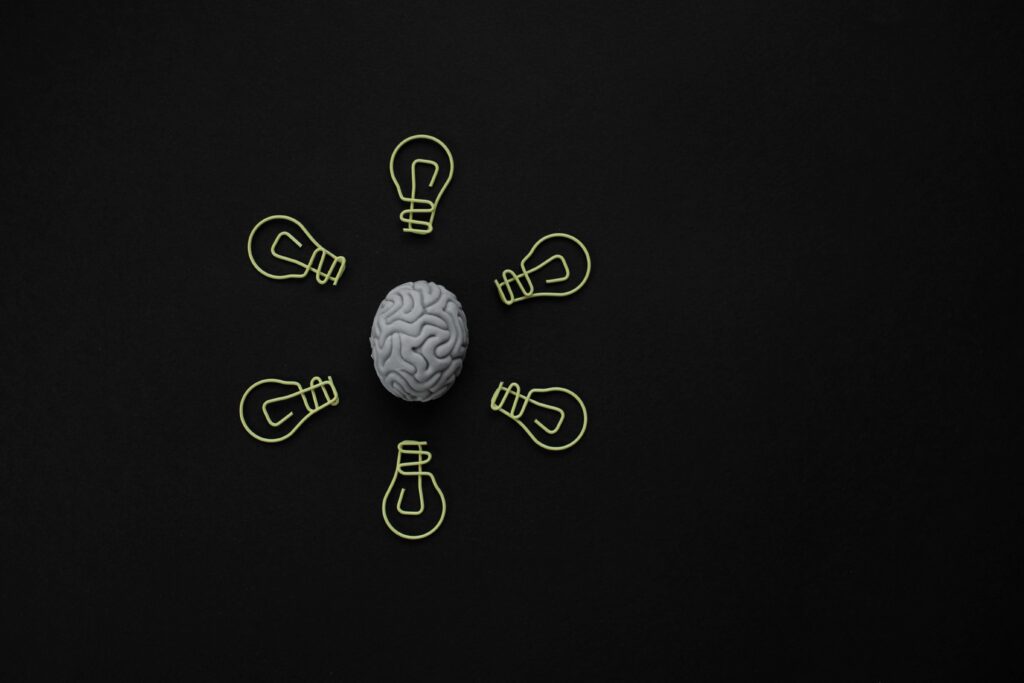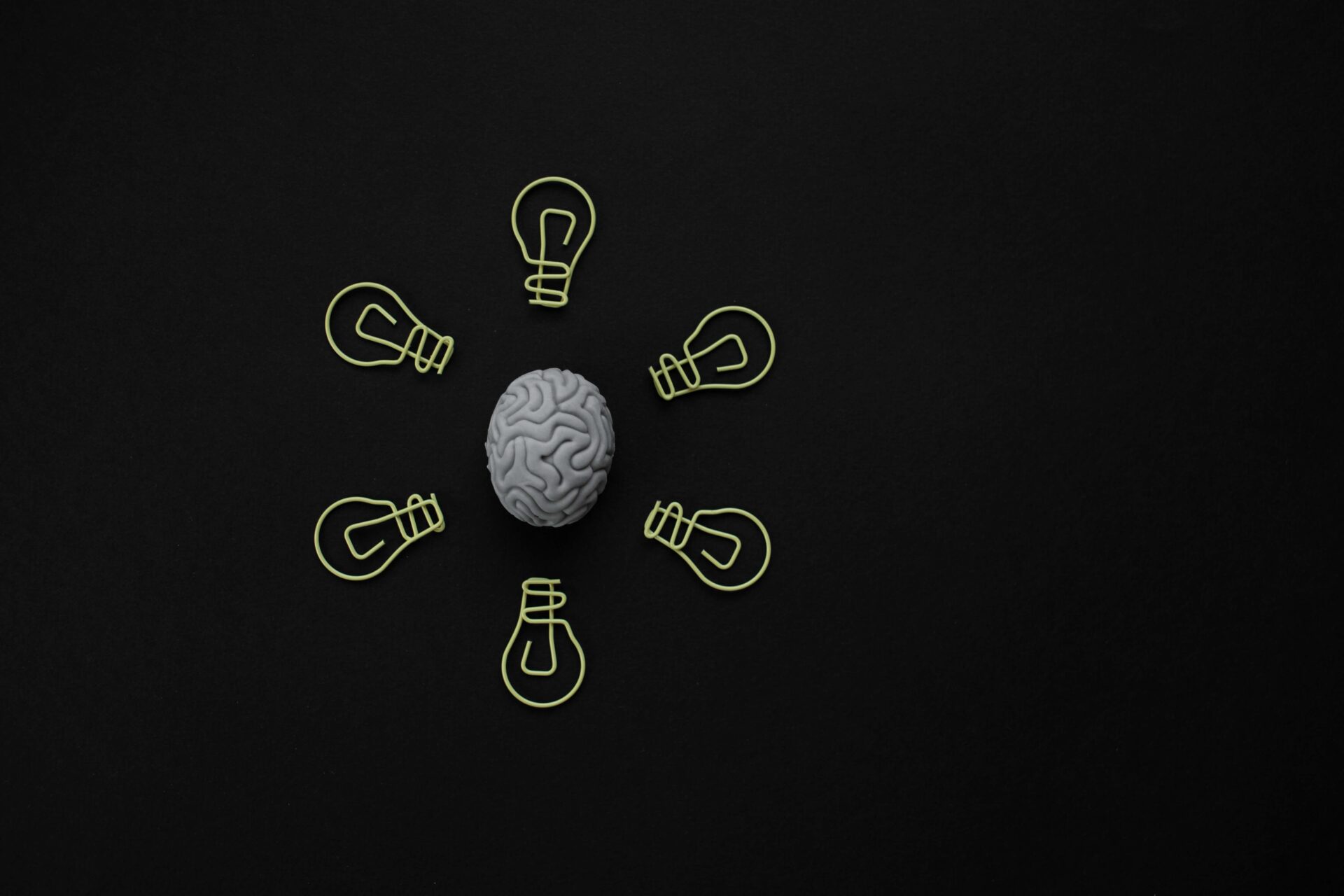Critical thinking is an essential part of being successful in both your personal and professional life. This approach to assessing, analysing, and problem-solving allows you to face challenges better and develop effective solutions.
Therefore, it’s not surprising that employers are also recognising its importance. This makes critical thinking skills essential for professionals at all stages of their careers, whether you’re a recent graduate or a seasoned executive.
Read on to discover the essential skills necessary to master this area and further your career, as well as how to develop critical thinking skills.

What are Critical Thinking Skills?
Critical thinking is the act of deeply analysing a situation, problem, or a set of facts. It is objective and focuses on pure, factual information, rather than being influenced by opinion, bias, or emotional reaction.
This ability is essential for business executives, as well as professionals in just about every field, as it allows you to make informed and logical decisions. Through this process, you can come up with better solutions to problems, and overcome the various challenges — big and small — that every company faces.
Critical thinking is not just a singular skill. It involves a range of skills, from observation and inference to risk management and metacognition, that allow you to effectively and objectively analyse any issue.
Critical Thinking Skills That Will Help Your Career
The following skills are essential if you want to develop strong critical thinking abilities that will support you in your career.
Observation
The first step to analysing any problem, observation is all about identifying challenges and understanding why something is an issue. This is essential for building a background picture that will allow you to conduct further analysis.
Analytical skills
After making initial observations, analysis is the next stage in the critical thinking process. This involves evaluating the situation or problem, and may include asking questions or doing research in order to conduct an effective analysis.
Identifying assumptions
This is an essential part of critical thinking, as this process needs to be completely objective and logical. As such, you need to be able to pinpoint any inherent biases that may be influencing your or others’ thinking.
Inference
Inference is the art of drawing conclusions based on the available data. This is an essential part of critical thinking as you can use this ability to predict likely outcomes, helping you to make better decisions. It’s also important in situations when there is not enough information to be able to attribute the cause of a problem with absolute certainty.
Problem-solving
Problem-solving is another vital aspect of critical thinking, and occurs towards the end of the process, after the issue has been identified, observed, and analysed. Therefore, as part of being able to think critically and analyse problems, it’s essential to be able to come up with a viable solution.
Risk management
Every situation involves some degree of risk, as does every potential solution to a given problem. Therefore, part of critical thinking is the ability to identify, weigh up, and manage potential risks.
Metacognition
Although this is a somewhat abstract concept, it is nonetheless an important part of critical thinking. Metacognition means being able to critically assess your own thought process. This allows you to identify any gaps or biases in your thinking and, ultimately, develop stronger solutions to problems.
Develop your critical thinking skills
How to Develop Critical Thinking Skills
There are two main settings that provide excellent opportunities to learn critical thinking skills: through higher education, and in the workplace. You’ll face a variety of problems in any role, and need to think critically in order to resolve them and move forward.
A few ways to improve your critical thinking skills include:
- Practice mindfulness and/or active listening techniques to hone your observation skills
- Try to identify your own biases: before coming to a conclusion, critically assess the biases that may be influencing your perspective and consider different perspectives
- Embrace learning opportunities, whether through workplace training, online MOOC courses, or informal learning
- Make an effort to gather extra information before coming up with a solution to a problem, such as through ask open-ended questions, or conducting research online
However, depending on your situation, you may find that opportunities to develop high-level skills are limited, or that you lack the space or guidance to do so effectively.
This is where higher education comes in. When you enroll in a university or business school, you sign up for much more than just learning the content of the course.
Through assignments, group work, and major projects, you’ll need to face a variety of problems and need to work out how to solve them.
Furthermore, your teachers and advisors will help to guide you through this process, provide prompts to frame your thinking, and give you vital feedback.
Develop the Right Skills to Advance Your Career
Further education goes far beyond learning technical skills and gaining knowledge in specific areas. The best courses foster a range of soft skills, including analytical, risk management, and problem-solving skills, as well as others that are essential for critical thinking.
This includes not only knowing how to develop critical thinking skills, but also putting them into practice. Through programs like EDHEC online MSc in International Business Management and online MSc in Data Management & Business Analytics, you’ll get the opportunity to work on real-world projects that test and develop your critical thinking skills.



